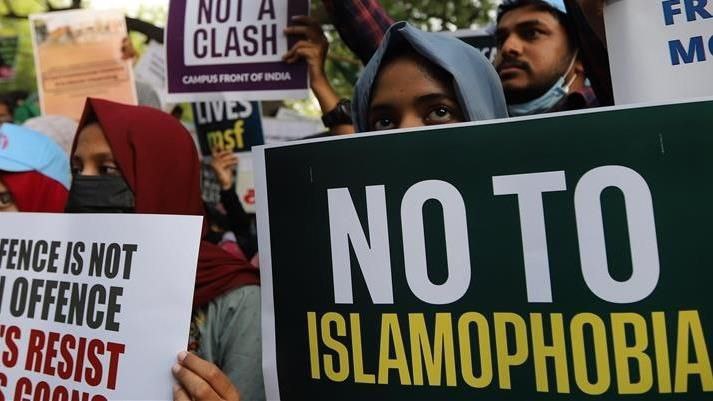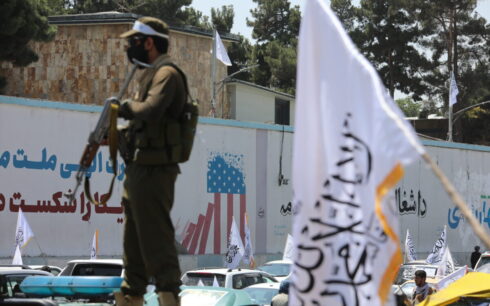UN independent experts on Friday warned that acts of harassment, intimidation, violence, and incitement based on religion or belief, including against Muslims, have escalated to “alarming levels” worldwide. The warning came on the International Day to Combat Islamophobia, with the experts issuing a statement highlighting the rise in religious intolerance.
The statement noted that the UN General Assembly designated March 15 as the International Day to Combat Islamophobia in 2022, calling for “strengthened international efforts to foster a global dialogue on the promotion of a culture of tolerance and peace at all levels.”
However, the experts pointed out that hate entrepreneurs, political parties, armed groups, religious leaders, and even state actors globally are undermining respect for diverse religions and beliefs. They are discriminating, violating human rights, and in some cases, attempting to justify these violations.
“Acts of harassment, intimidation, violence, and incitement based on religion or belief have sharply increased last year, reaching alarming levels, shocking our conscience and creating a climate of fear and deep distrust,” the experts said.
They called on states to base their responses to all forms of religious hatred, including Islamophobia, on the universal values, principles, and legal frameworks of international human rights.
The statement condemned orchestrated public burnings of the Holy Qur’an and expressions of religious intolerance that cause deep hurt and fear among individuals and communities. It stressed that advocacy of religious hatred that incites discrimination, hostility, or violence must be prohibited by law in accordance with international standards.
Highlighting concerns during the holy month of Ramadan, the experts criticized Israel’s continued refusal to allow adequate humanitarian assistance and food aid to Gaza’s mainly Muslim civilian population, despite widespread hunger and signs of severe malnutrition. They expressed serious concerns about restrictions on access to the Al Aqsa Mosque, especially in the context of significant loss of life and destruction of places of worship in Gaza.
The experts also noted that physical attacks, including killings, harassment, verbal attacks, and death threats motivated by the victims’ perceived religious affiliation, are an unacceptable failure by the state to protect its citizens. They highlighted the use of religious tensions and discriminatory laws and policies against Muslim minorities for political advantage, citing recent tensions related to the Babri Masjid—now Ram Mandir—as an example.
The statement underscored attacks on mosques, cultural centers, schools, and private property belonging to Muslims worldwide. It called on states and faith-based actors to fulfill their human rights responsibilities and counter such violations, referencing the Rabat Plan of Action and the UN Faith for Rights framework for implementation guidance.
In observing this year’s International Day to Combat Islamophobia, the experts expressed solidarity with those who have suffered intolerance, discrimination, violations, and violence for being Muslim. “Nobody should suffer fear for having or manifesting their religion or belief. Everyone should feel safe and benefit from the equal protection of their human rights, which must be guaranteed by all states,” they concluded.





